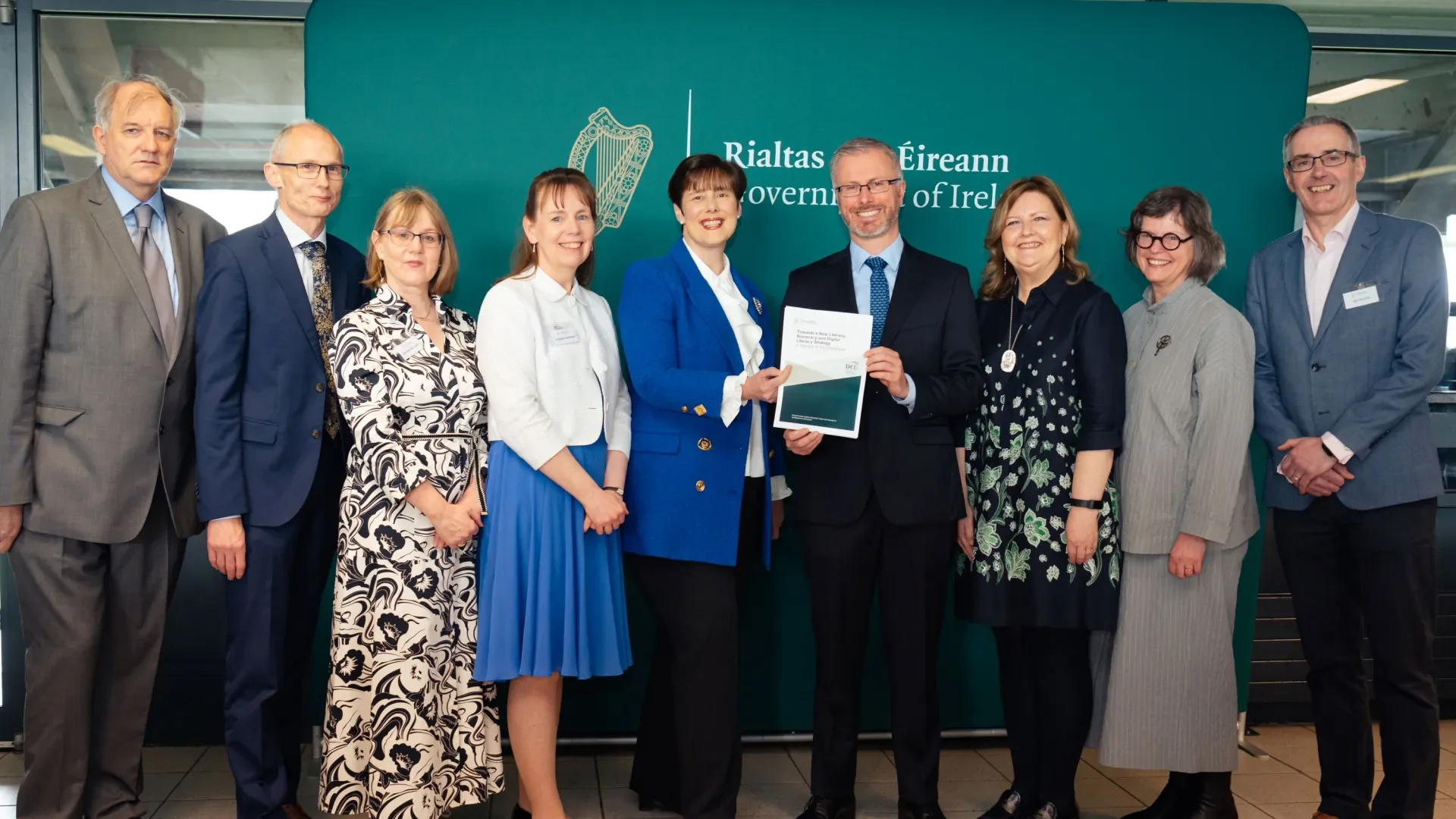

Research by DCU Institute of Education to Inform New Literacy, Numeracy and Digital Literacy Strategy
‘Towards a New Literacy, Numeracy and Digital Literacy Strategy: A Review of Literature’ marks a hugely collaborative piece of research, incorporating 27 individual research papers across 40 colleagues in the IoE.
The event held today was attended by Minister for Education Norma Foley TD and Minister for Children, Equality, Disability, Integration and Youth Roderic O’Gorman TD, who both addressed the stakeholders present.
The research, along with today’s consultation, will inform the development of the Department of Education’s new Literacy and Numeracy policy.
Dr Gerry Shiel, one of the research coordinators, said;
“We hope that the research reports launched today will prove useful in identifying key issues to underpin the new Literacy, Numeracy and Digital Literacy Strategy.
We think that equity is a major issue, and our focus on learning difficulties in literacy and numeracy, disadvantage in early childhood settings and schools, on children in the Roma/Traveller Community and those who are deaf or hard of hearing reflect this.
We also believe that the dispositions that children and young people develop towards literacy and numeracy are critical, as positive dispositions are associated with proficiency across many aspects of literacy and numeracy.”
Both Ministers addressed the conference, emphasising the critical importance of the new Literacy and Numeracy strategy, and the research conducted by the DCU Institute of Education.
Minister O’Gorman emphasised the importance of teaching literacy and numeracy in young children, saying that;
"Early childhood, from birth to six years of age, is a significant and distinct period in life and a time of rapid development.
A baby’s first cry marks the beginning of their journey toward language and literacy. Numeracy concepts are laid down early in life in the shared building of block-towers or in the taking of a hand to climb and count stairs.”
The key findings of the research were then presented by Dr Eithne Kennedy and Dr Gerry Shiel. Dr Kennedy, one of the research coordinators, noted that the report spans the continuum of education from early childhood, to primary, post-primary and further education and training.
"The research highlights the importance of inclusive definitions of literacy and numeracy, which acknowledge the developmental nature of both, and attend to the cognitive, affective, creative, aesthetic dimensions across multiple languages, modes and disciplines.”
Read Towards a New Literacy, Numeracy and Digital literacy Strategy
